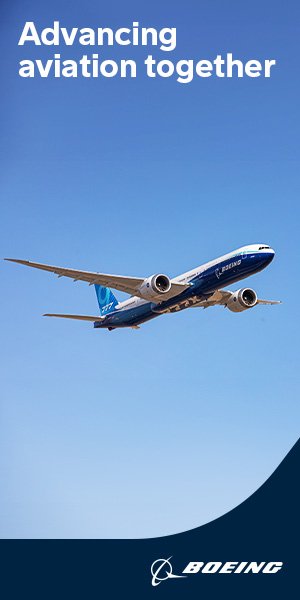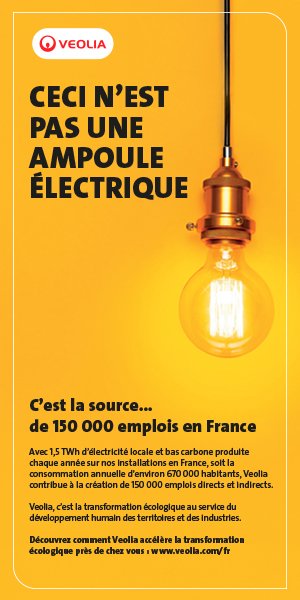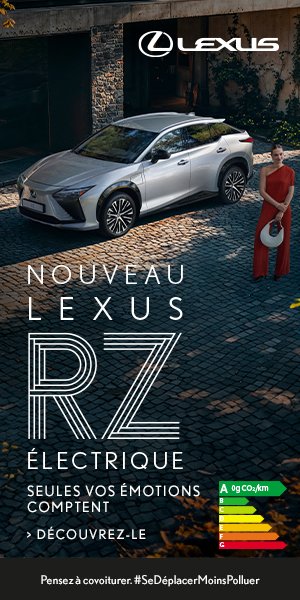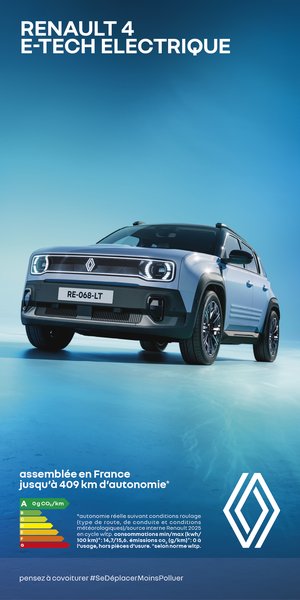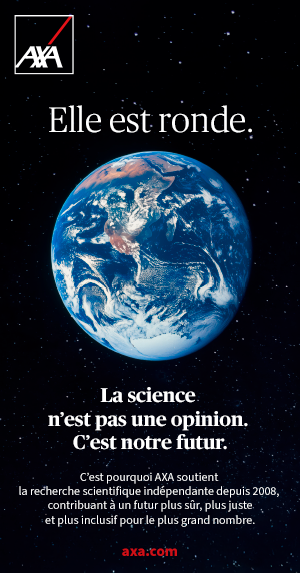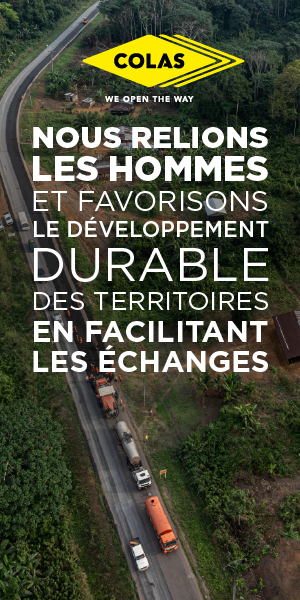Politique Internationale — How would you describe the transformations taking place in the global transport industry?
Rodolphe Saadé — We are witnessing a major change: geopolitics has become a key issue in the business world. Once an afterthought to economic decisions, geopolitics now directly influences trade flows and corporate strategies. These dynamics, already perceptible for several years, have profoundly redefined the balance of world trade. As early as 2016, US trade policy marked an initial turning point, reducing direct trade with China and favoring the rise of “connector countries” such as Mexico, Vietnam, India and Turkey. With the return of President Donald Trump, these trends could become more pronounced, particularly with an increase in customs barriers, affecting macroeconomic stability and, potentially, the volume of world trade.
At CMA CGM, we have been integrating these developments into our strategy for several years. With 160,000 employees in over 180 countries and more than 600 ships serving 420 ports, we have made securing our activities a priority, by strengthening our presence in the main hubs of world trade. Beyond geopolitical tensions, two transformations are profoundly shaping our industry: the rise of artificial intelligence and decarbonization, arguably the greatest challenge ever faced by maritime transport.
P. I. — In your opinion, are the major environmental objectives a constraint or an opportunity for industry?
R. S. — Shipping is the most efficient mode of transport in terms of CO2 per tonne carried, yet it still accounts for 3% of global emissions. For CMA CGM, the ecological transition is a necessity.
We have invested €18 billion to order more than 130 ships using low-carbon energy by 2028. Today, we operate the most low-carbon fleet in the world, with vessels running on LNG, methanol and biofuels, enabling us to significantly reduce our emissions.
But the energy transition still poses major challenges, not least the availability and cost of alternative fuels. Low-carbon fuels are three to five times more expensive than conventional fossil fuels, which is holding back their widespread adoption. Without sufficient production and an incentive framework, their competitiveness will remain a challenge. That’s why we’re investing in the development of fuel chains with players like SUEZ, and supporting innovative projects like Neoline’s sail-powered cargo ship. Our commitment in this area goes beyond the transformation of our activities. We also support long-term initiatives to strengthen the resilience of local communities in the face of climate change. This involves concrete actions, such as the electrification of essential infrastructures or the preservation of marine and coastal ecosystems.
P. I. — What is your trajectory for sustainable mobility? Do you have detailed indicators?
R. S. — We have a clear roadmap: reduce our emissions by 30% by 2030, by 80% by 2040 and reach net zero by 2050.
In 2021, we made this commitment, and in 2023, we reaffirmed it at COP28 alongside the major European shipping companies MSC, Maersk and Hapag-Lloyd. To achieve this, we are relying on a diversified energy mix and on the continuous optimization of our energy consumption through improved operational efficiency and the management of our assets.
But we can’t go it alone. Decarbonizing shipping will require $1,500 billion by 2050. Today, pioneers are held back by the absence of appropriate regulations. It is essential that the International Maritime Organization (IMO) establishes a clear and harmonized framework, in particular to accelerate the production of green fuels.
It’s not often that a business leader calls for more regulation, but on this subject, it’s essential. The United Nations Ocean Forum in Nice in June will be a key event, and we intend to play a leading role.
P. I. — It’s often said that the logistics industry is having trouble decarbonizing its activities. Is this inevitable?
R. S. — Absolutely not. For our Group, logistics is a more recent activity than shipping, but we’re learning fast. In the space of six years, we have gone from being a newcomer to number 5 worldwide, integrating CEVA, GEFCO, CLS, Ingram, Colis Privé and, more recently, Bolloré Logistics.
As with sea freight, decarbonizing our subsidiary CEVA Logistics (air, road, rail and sea freight) is a priority. We have launched the SBTi (Science Based Targets initiative) to define a clear and validated trajectory for reducing our emissions, in line with the Paris Agreement.
We have already equipped 90% of our warehouses with LEDs and installed 800,000 m² of solar panels, with the aim of achieving 100% low-carbon energy this year. We are also strengthening our fleet of low-carbon vehicles, which will increase frm 1,100 to 1,450 units by the end of 2025.
In addition to our own initiatives, we are collaborating with manufacturers such as Renault Group and Volvo Group to develop innovative solutions, including the Flexis project, which will revolutionize last-mile logistics with electric vehicles. Business customers, faced with climate change, the growing weight of regulations around CO2 emissions and the boom in e-commerce and related logistics, have new expectations in terms of electrified vans.
This market segment is set to grow by an average of 40% a year in Europe up to 2030. Flexis will meet this demand and lead the decarbonization of the transport and logistics sectors.
Once again, we are clear about the challenges. Decarbonization comes at a cost, and we need to make our customers and end-users aware of this.
P. I. — Who are your main contacts in terms of sustainability: councillors, government departments, institutions, companies, your peers? With whom is the dialogue most fruitful?
R. S. — We need everyone’s commitment: public authorities, companies, institutions and customers.
On the one hand, we engage in dialogue with the authorities in the 183 countries where we operate to promote clear regulatory frameworks and accelerate the development of low-carbon energies. On the other, we’re banking on cooperation with our partners, notably through the New Energies Coalition, which I created in 2019. It brings together industry leaders such as Renault Group, Airbus, PSA, Michelin, Carrefour, Engie, ArcelorMittal and Rolls- Royce to accelerate the energy transition of global supply chains. Together, we are developing concrete solutions: carbon calculators, hydrogen-powered trucks, marine fuel derived from food waste.
Our employees are also at the heart of the change. We have launched programs dedicated to decarbonization, notably via our TANGRAM training and innovation center, in partnership with Imperial College.
Finally, raising awareness among customers and consumers is essential. This is the aim of “ACT with CMA CGM+”, an offer enabling them to analyze and reduce their carbon footprint thanks to the low-carbon fuels used on our ships.
P. I. — You’re a global group. Do you sense the same appetite for sustainable mobility in different parts of the world?
R. S. — The transition is proceeding at different speeds, depending on local priorities and contexts.
Europe is at the forefront, sometimes to the detriment of its competitiveness. The United States has stepped up the pace in recent years with massive investments, and China has taken a lead in certain segments, such as electric vehicles.
Elsewhere, strategies are evolving, and the momentum is building. We are supporting this movement by ensuring that all players are included, with green investments in our terminals in Egypt, India and Lebanon, as well as green corridors to the French West Indies.
P. I. — How do you support research and innovation? Does CMA CGM have any partnerships in this area?
R. S. — Innovation is at the heart of the CMA CGM Group’s DNA. It plays a key role in our commitment to more sustainable transport, enabling us to explore new solutions to reduce our carbon footprint. Today, a new revolution is under way: that of artificial intelligence (AI). While its development raises questions, notably about the energy impact of data centers, it also represents a powerful lever for accelerating decarbonization. For example, AI enables us to optimize shipping routes in real time according to weather conditions and sea currents, thereby reducing fuel consumption and CO2 emissions.
That’s why we’ve forged strategic partnerships with Google, MistralAI and Perplexity, and co-founded Kyutai, the first open- science AI lab, with Xavier Niel and Éric Schmidt. The aim is clear: to harness the full potential of AI to make the supply chain more efficient and accelerate the transition to low-carbon transport.
Decarbonization requires innovation. That’s why we’re investing today, to build the transport and logistics of tomorrow.
